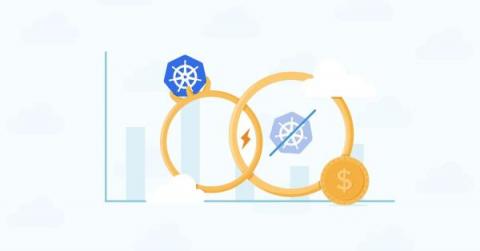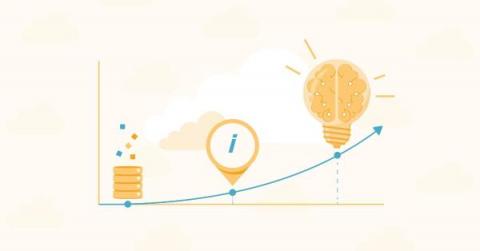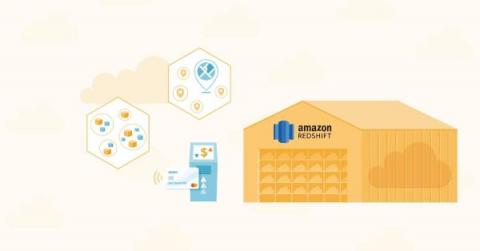12 Cloud Cost Optimization Examples For Your Cost Journey
Setting clear and attainable goals for cloud cost optimization keeps your whole organization on track and working toward a common end. The emphasis here is on clear and attainable. In other words, your team must know where they are headed and have full confidence that they can get there.











